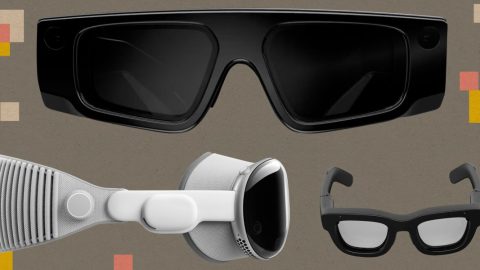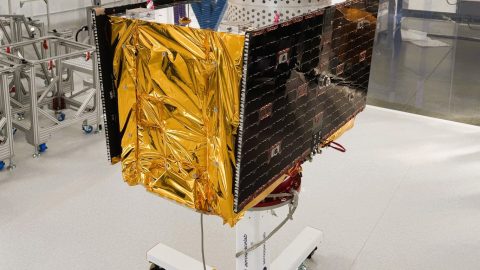
Despite the burgeoning interest in deep space exploration and settlement, prompted in part by billionaires such as Elon Musk and Jeff Bezos, we still know very little about what happens to our reproductive biology when we’re in orbit.
Next to no research has been done on human reproduction in space, but adding to our understanding is vital to long-term space exploration. Scientists have started to speculate on whether in vitro fertilization technology was possible beyond Earth—or could even be improved by the conditions found there.
SpaceBorn United, a biotech startup, is seeking to pioneer the study of human reproduction away from Earth. Next year, it plans to send a mini lab on a rocket into low Earth orbit, where in vitro fertilization, or IVF, will take place. If it succeeds, the company’s research could pave the way for future space settlements. Read the full story.
—Scott Solomon
Ketamine is easier to prescribe than ever, and the FDA is not happy about it
As drugs go, Ketamine is pretty easy to find. It’s become readily available in the past several years, and social media ads for online ketamine clinics in the US are widely circulated online. Now, according to the FDA, it might be a little too available.
Last week, the FDA issued a warning against the use of compounded versions of ketamine to treat psychiatric disorders, especially oral dissolving versions that make it possible to use the medication at home. Here’s what that means in practice.









Recent Comments